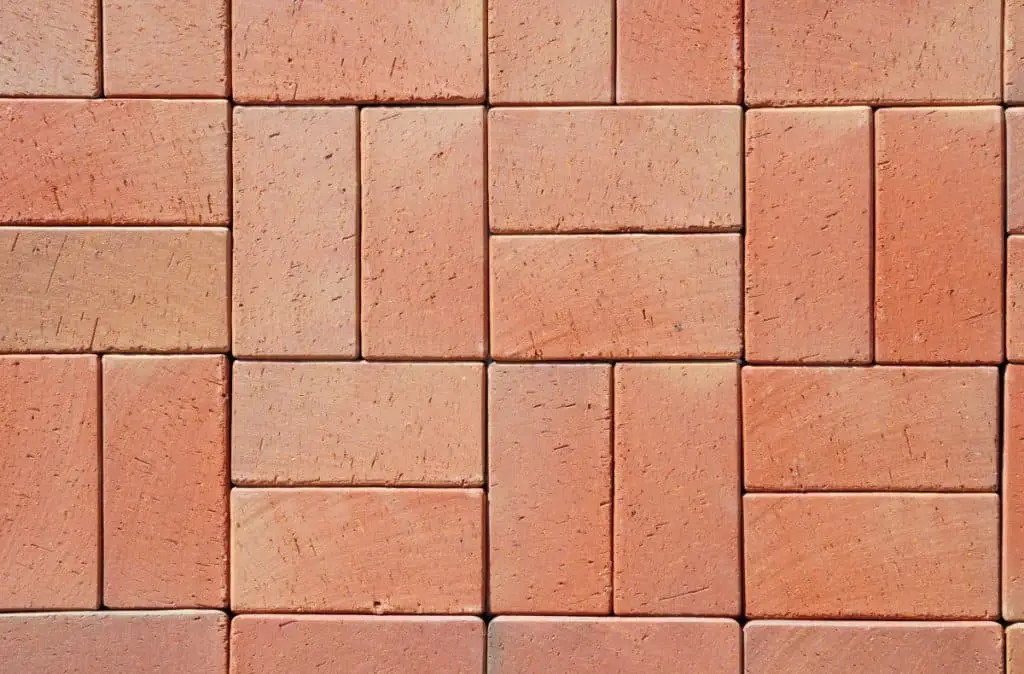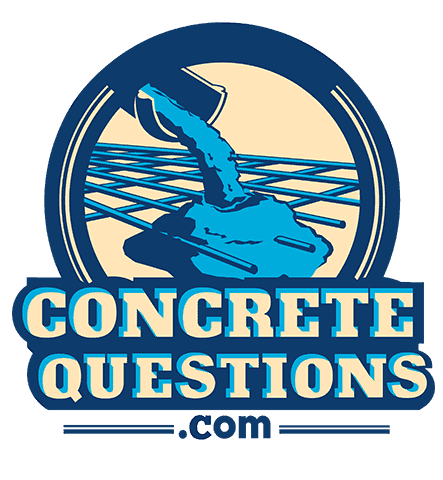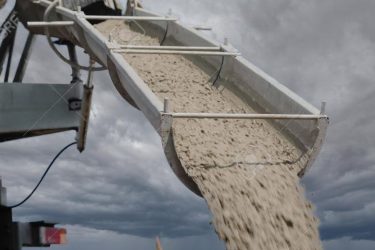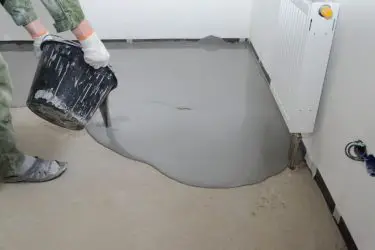Installing a concrete driveway can be a big undertaking! It can be expensive and labor-intensive. Before you begin, you may want to know whether your investment will be worth it or not.
Most concrete driveways will add at least enough value to the home to recoup their own costs. While they are unlikely to net you money, they almost always make your property more appealing to prospective buyers. As a result, it’s usually a solid investment.
But why don’t concrete driveways add more? Considering the effort and money they require, it doesn’t really make sense.

Table of Contents
A Concrete Driveway Can Be an Expected Feature
Most home improvement projects generally fall under two categories; either they’re extra, or they’re just expected features.
When I say extra, what I mean is they add something unique and valuable to the property. Installing a sunroom is one example of this. Sunrooms aren’t necessary for the home to function, but they are nice and lots of people want them.
On the other hand, expected features are things that pretty much all houses have. For example, a roof. It is very nice to have a roof, but it’s also just something that all houses should have.
Prospective buyers won’t even consider a house without a roof, so installing a new roof won’t necessarily raise the value of the home so much as it will make it saleable.
That’s not to say that expected features add no value. A nice roof that the buyer won’t have to replace for a long time is probably going to be worth at least the cost of the roof to them.
You’re just unlikely to add value to the home by redoing the roof.
Paved driveways are expected features in some places. In others, they are either something extra or they are an inconvenience.
Different Evaluation Depending on Location
As previously stated, a concrete driveway adds value to a property, but its value depends on where the property is located.
A Home in a Mid-Sized City

For a lot of smaller houses in heavily populated urban areas, there isn’t much space for a paved driveway.
In this case, a paved driveway will probably add a fair amount of value to a property that has enough space for it.
A Home in a Rural Area
In some cold, rural parts of the United States, concrete tends to be a less effective building material due to the cold snowy winters.
In parts of the world with heavy yearly snowfall, de-icing salts are often used fairly frequently, which can cause discoloration and spalling in concrete.
In these places, a gravel or asphalt driveway will generally be a better option.
However, a concrete driveway will still probably be worth enough to replace itself.
A Home in a Suburb
In the suburbs where homes tend to be a little bit larger, the vast majority of homes have concrete driveways. This makes it something of an expected thing, which means that houses without concrete driveways will likely be losing value.
In this case, if your home doesn’t already have a concrete driveway, it’s probably a good idea to add one.
This will make your home a lot more attractive to potential buyers, but it won’t necessarily add much more value than its original cost.
Will I Recoup My Money Invested in a Concrete Driveway?
Most of the time, you will make about as much money off of a new driveway as you put into it. The most important thing it does for you though is it makes your house an attractive option.
For a lot of people, a home with a nice paved driveway is non-negotiable. Also, if neighbors already have concrete driveways and you don’t, it can be even more of a stretch for buyers to choose the house that stands out for lacking something.
Related Article: The Real Cost of Installing a Driveway
If you live in a part of the country where concrete driveways are uncommon, you may want to research why that is before investing.
Some climates are just inhospitable to concrete, and if that is the case, a new concrete driveway might not do anything for you.
If this is the case, you may want to look at other potential alternatives.
Alternatives to a Concrete Driveway
Concrete is definitely not the only option for a driveway. Here are some great alternatives:
Gravel
If you’re in a nice neighborhood in the suburbs, your neighbors may look down on your gravel driveway. Your friends who drive expensive cars may also be pretty upset about it, as it could damage their vehicle exterior.
However, gravel is perfectly serviceable in many situations.
Gravel may be an especially good choice if your home is in a colder climate where de-icing salts may be commonly used, as gravel is less susceptible to the chemical damage that those salts can cause.
While it may not be as nice looking as concrete, it should last as long and be just as useful.
Asphalt
Like with gravel, asphalt is less likely to be damaged by de-icing salts. It also generally doesn’t need to be poured as thick as concrete does for it to hold weight.
The disadvantage of asphalt is that it can warp in intense heat, so in parts of the country where it gets very hot, asphalt will need a lot of maintenance to keep nice.
Because the surface of asphalt can get so hot, it can also be a bad choice if you like to stand on your driveway barefoot or if you have pets who like to go outside.
In sunny places, asphalt can easily get hot enough quickly to do lasting damage to even the thick skin on the soles of the feet.
Despite all of this, asphalt is a great alternative for many homes instead of concrete due to its strength and satisfying dark color.
Check out our article for a more in-depth comparison between asphalt and concrete for a driveway.
Brick
Brick is a strong aesthetic choice that can look incredible if it’s well done. It’s definitely strong enough to support cars, depending on what you put underneath it.

However, brick is like concrete in that they are both considered masonry. Because of this, it can also be damaged by de-icing salts, making it a bad choice for harsh climates.
It also tends to stand out a lot, which may rub some of your more design-conscious neighbors the wrong way. If you want to do a brick driveway, be sure to check with your neighbors and your homeowner’s association.




